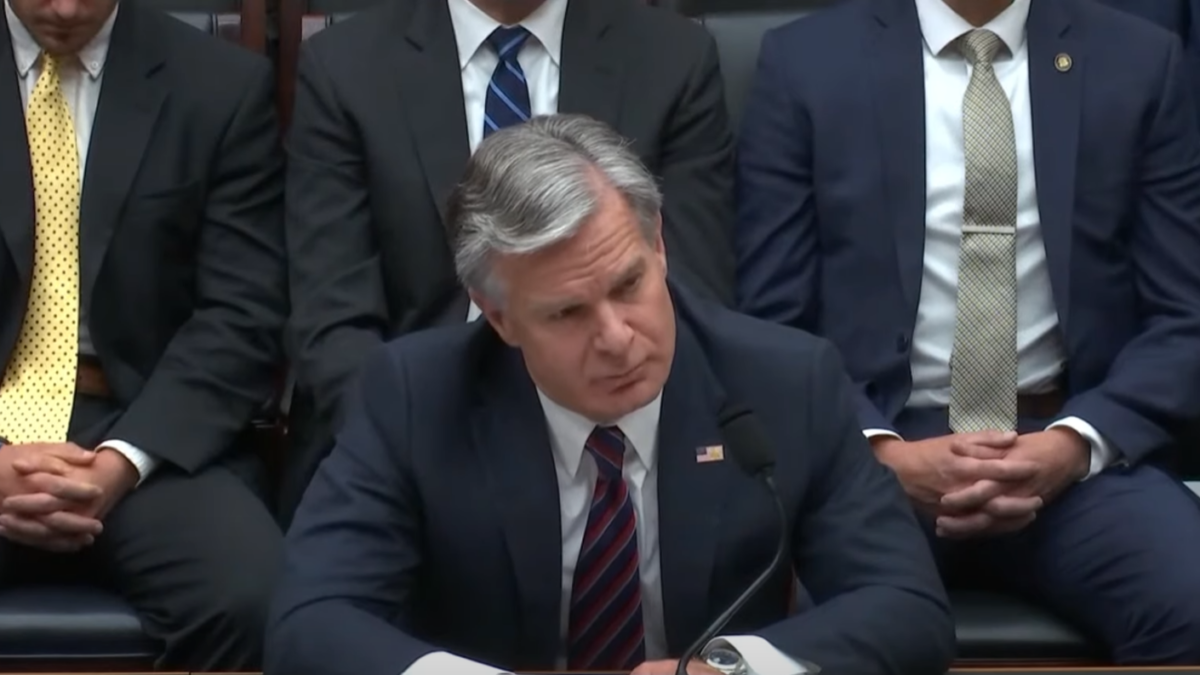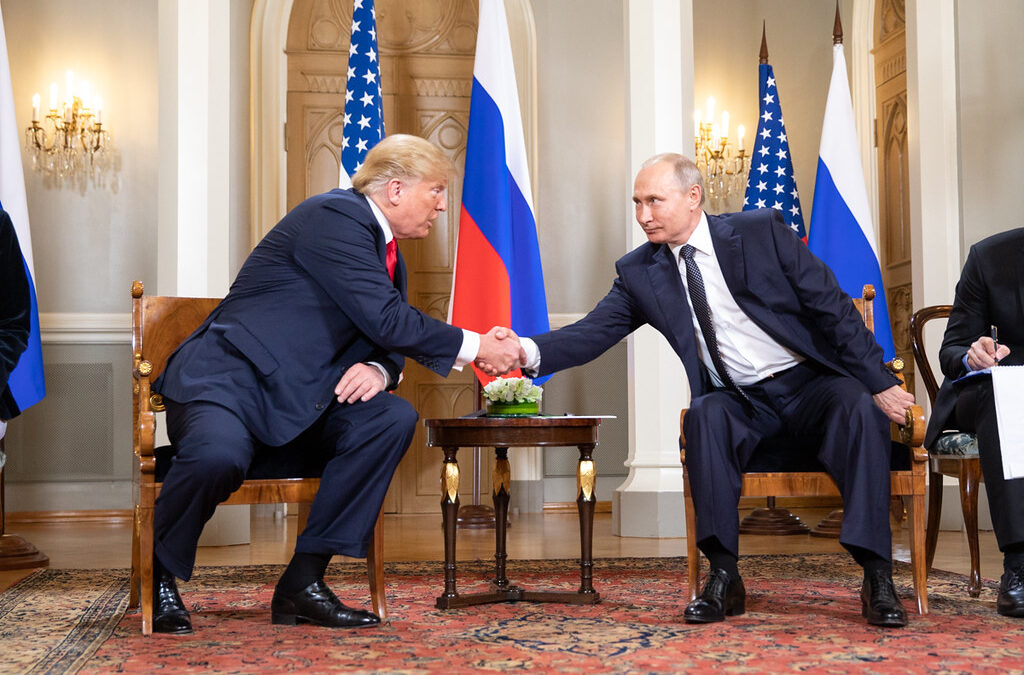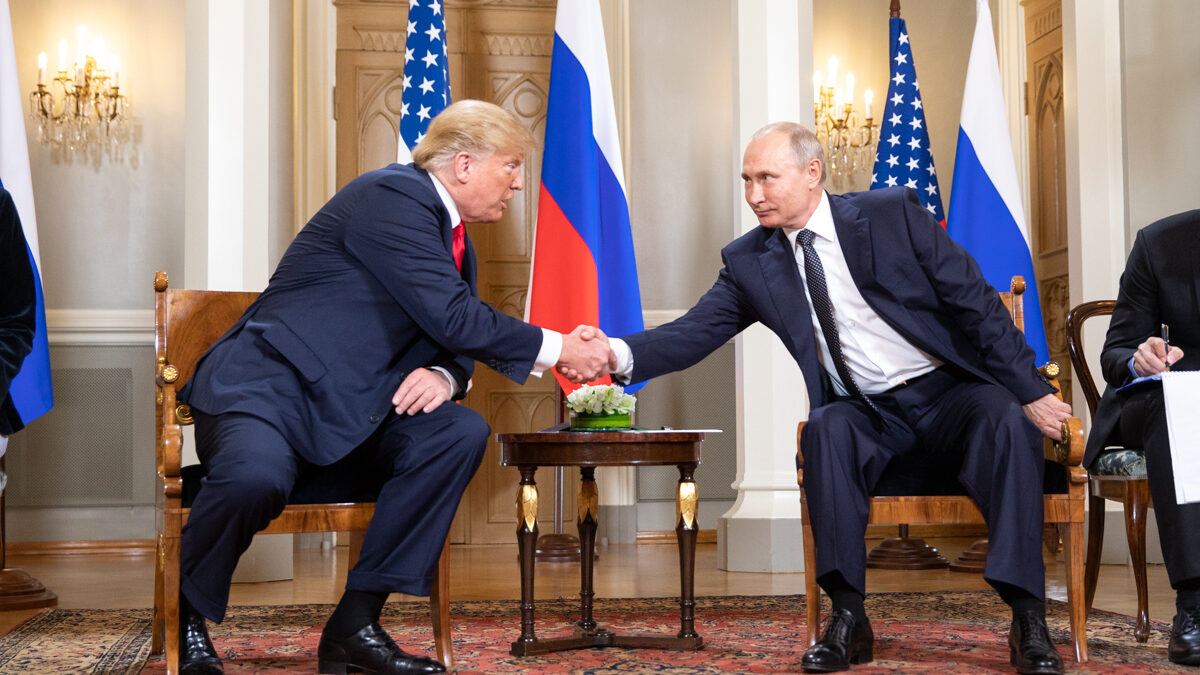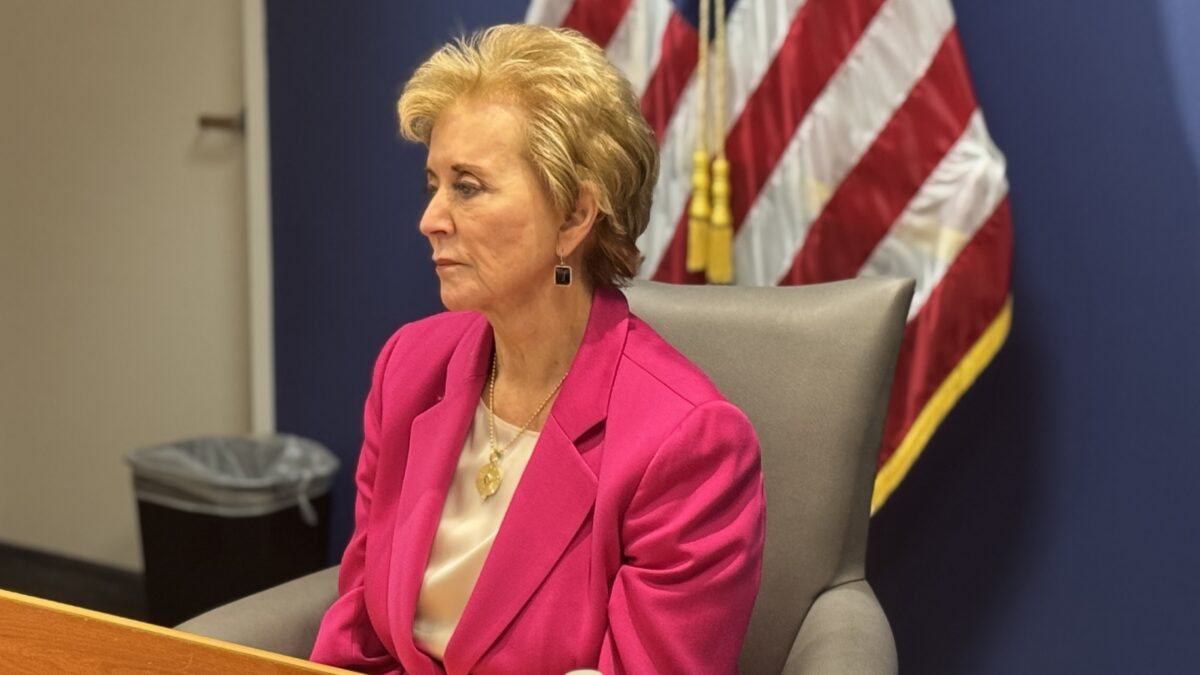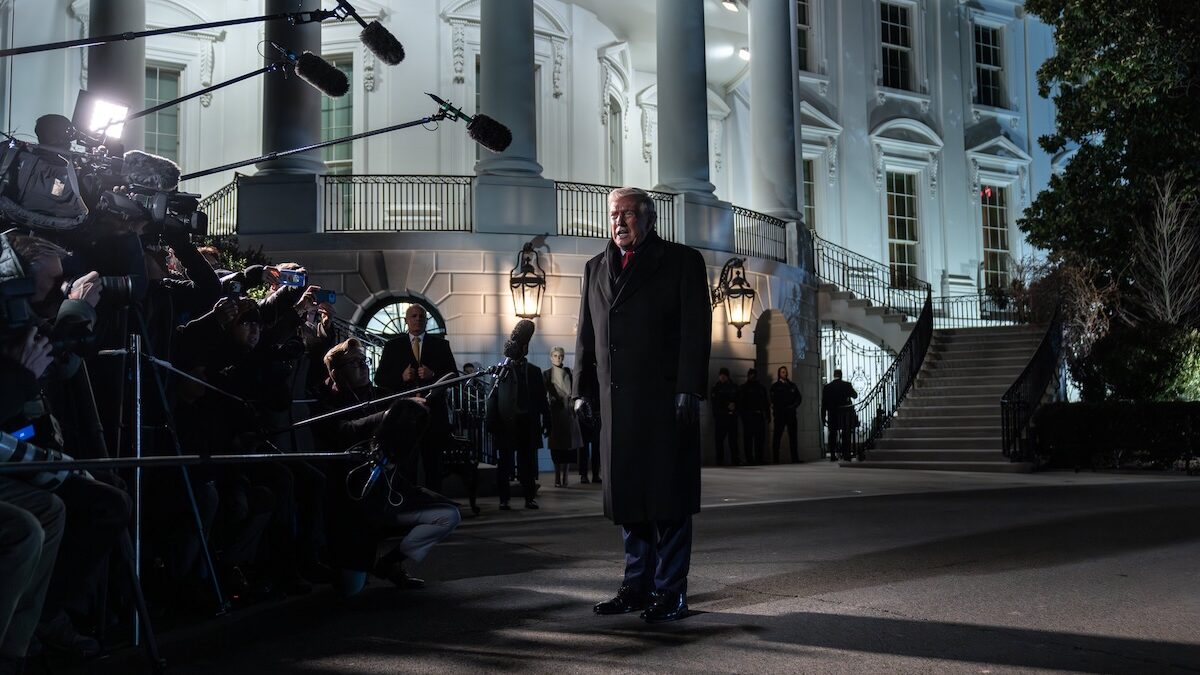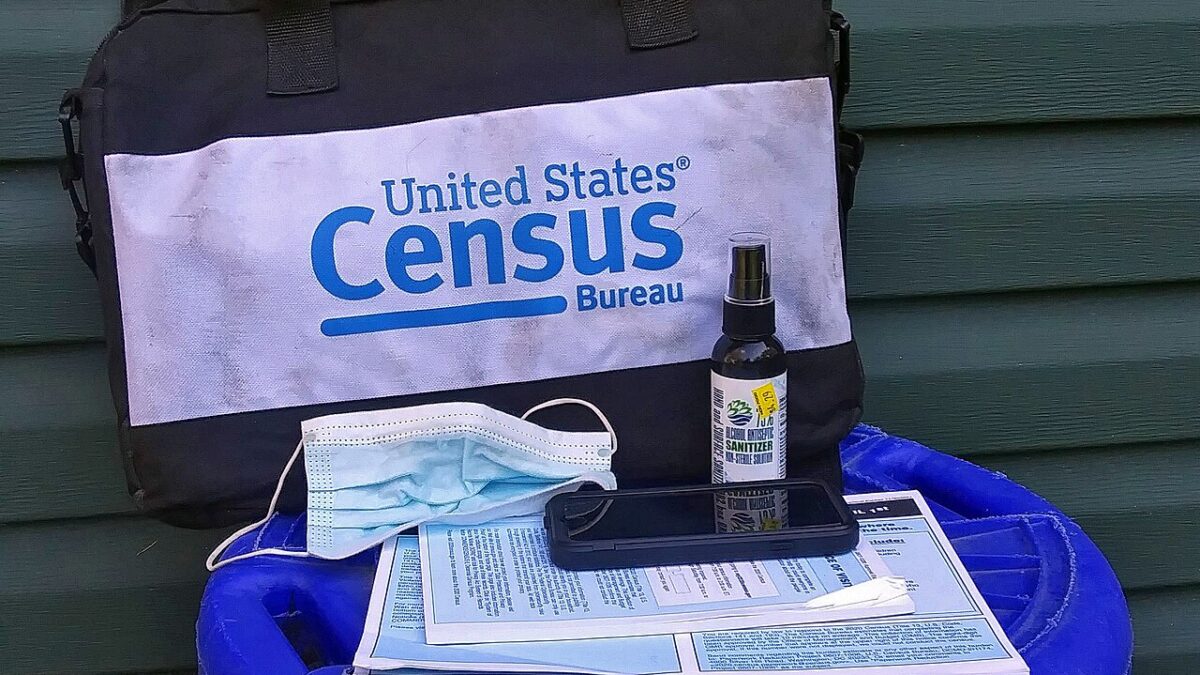America’s speech police are reassembling to once again influence our elections. At the same time the security state is creating potential pretexts for renewed censorship by issuing warnings of cyberattacks that could “hinder public access to election information,” they are also reprising old claims of coming Russian election interference on behalf of Donald Trump.
The little-noticed development comes in a report from the Justice Department’s Office of Inspector General (OIG) on the DOJ’s efforts to “Coordinate Information Sharing About Foreign Malign Influence Threats to U.S. Elections” — a euphemism for the chief law enforcement agency’s prior censorship activities.
During the 2020 election, as revealed in litigation, congressional oversight, and reporting, national security and law enforcement agencies used the threat of foreign misinformation and disinformation on social media to U.S. elections as a pretext to surveil and suppress domestic news and opinions deemed derogatory to our ruling regime.
An alphabet soup of agencies coerced, cajoled, and colluded directly and via cutouts with social media companies to get those companies to squash all manner of wrongthink on election integrity and outcomes at mass scale.
While the OIG explicitly omitted the “FBI’s information sharing with social media companies with respect to domestic actors” from its report, the DOJ’s response to the office’s recommendations will likely have substantial bearing on Americans’ speech.
That response, appended to the report, comes in the form of a DOJ memo revealing that the law enforcement agency has now codified its protocols for reporting purported “foreign malign influence” information with social media companies, and is redoubling its efforts to do so in the run-up to the 2024 election.
In fact, the FBI has been implementing new Standard Operating Procedures since February.
Under those procedures, the FBI is required to identify “specific, credible, and articulable facts that provide high confidence for assessing that the information at issue relates to activity attributable to a foreign government, foreign non-state actor, or their proxy engaged in an FMI [foreign malign influence] operation.”
The Bureau is also required to include a disclaimer — akin to one authorities often included in censorship requests from 2020 — explaining it “does not request or expect” recipients to take any specific action based on shared information.
A related summary of the procedures posted on the FBI website notes that communications to social media platforms must make clear that the FBI “does not investigate solely based on First Amendment-protected activity.” [Emphasis mine]
On top of implementing these procedures, the memo adds that the FBI will be resuming regular meetings with social media companies regarding foreign malign influence threats; that FBI field offices will be engaging in outreach efforts to foster relationships with social media companies in their jurisdictions, in coordination with the FBI’s “Foreign Influence Task Force” — a key cog in censorship activities in 2020; and that senior DOJ officials will be making the rounds with relevant stakeholders to discuss their information sharing strategy.
The Justice Department assures us that its extensive interaction with Big Tech companies is of a completely passive nature, solely concerning clear-cut foreign influence operations, and will strictly protect our right to free speech.
Yet it has done nothing to demonstrate that we should trust it.
It can’t be expected that any of the information the national security apparatus “shared” with social media companies in 2020, resulting in Americans’ speech being censored, would now be shared under the current plan.
Nor is it likely that the new procedures will curtail any of the other tactics the government employed directly and via cutouts to shut down social media censorship. So, what is to prevent the feds from working with cutouts in the exact same fashion as they did last time?
What kind of oversight exists to ensure authorities are not targeting Americans, and for the content of their speech, and would those who abused their powers be punished?
The American people simply can’t trust the FBI to police itself — an FBI that groomed social media companies to think the Hunter Biden laptop story was a foreign disinformation operation and refused to disabuse them of that notion when asked, even when the Bureau knew the laptop was real, leading to the mass censorship of one of the most salient possible stories in the throes of an election.
The Biden-Harris administration has dubbed up to half the country as domestic terrorists, weaponized the national security apparatus against its political opponents, and no doubt feels emboldened thanks to the Supreme Court’s dereliction of duty in refusing to combat the fed-led censorship regime revealed in Murthy v. Missouri.
It would be the height of folly to assume anything other than that the national security apparatus will use the threat of purported foreign influence operations to our elections via social media to police social media, and thereby meddle in our elections.
FBI Director Christopher Wray may have inadvertently given away the game in a recent hearing before the House Judiciary Committee.
There, under questioning from Rep. Harriet Hageman, R-Wyo., Wray praised the Supreme Court for finding in Murthy that there was no evidence the FBI coerced platforms to take disfavored content down.
Only the court did no such thing. The congresswoman corrected him, noting that the court ruled on standing, not the underlying merits of a case in which many of the justices seemed intent on ignoring the overwhelming factual record.
The posture of our national security apparatus seems clear.
As of now, Justice Samuel Alito is looking awfully prescient. In his dissent in Murthy, issued in late June, the associate justice chided the court for “shirk[ing]” its duty by refusing to “tackle the free speech issue that the case presents,” thereby allowing the “campaign of coercion in this case to stand as an attractive model for future officials who want to control what the people say, hear, and think.”
“Officials who read today’s decision,” he continued “will get the message. If a coercive campaign is carried out with enough sophistication, it may get by. That is not a message the court should send.”
The feds may well have heard it loud and clear.
To the extent they abuse our free speech rights once again in the 2024 election, we likely won’t find out about it till after the damage has been done — if ever.
